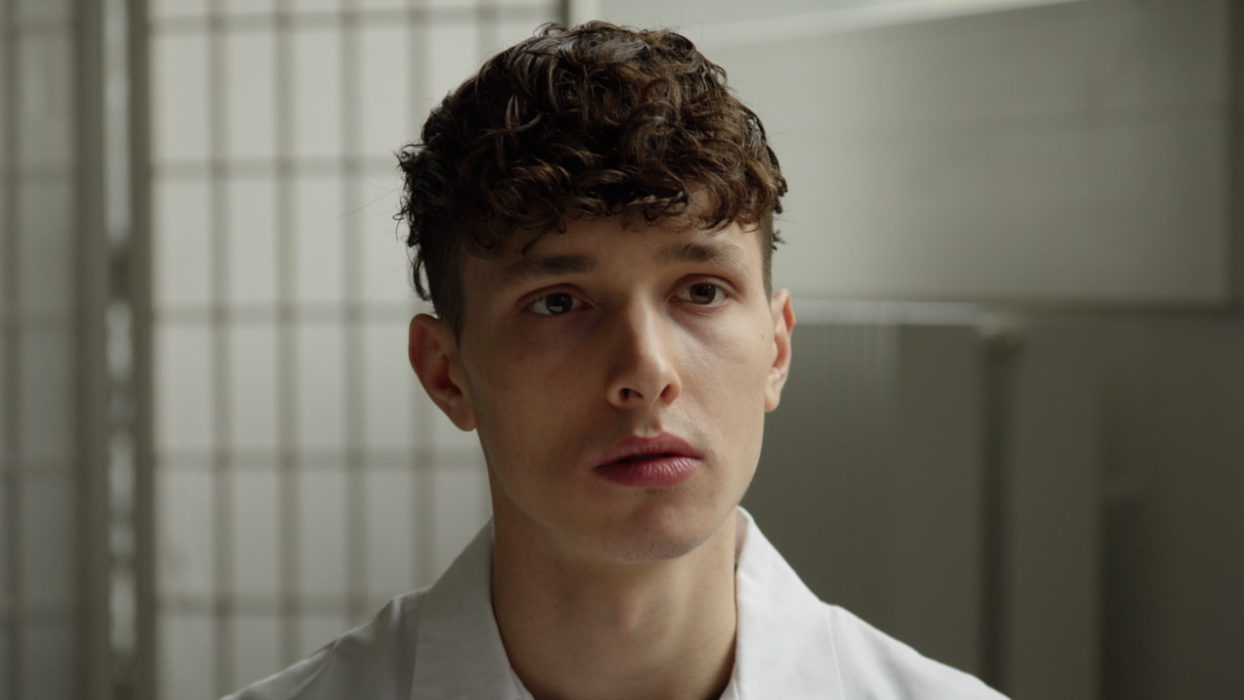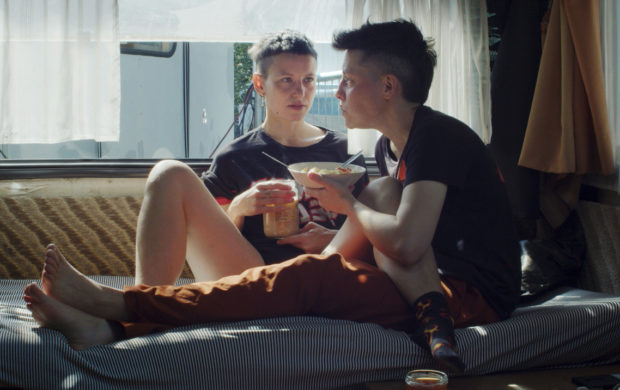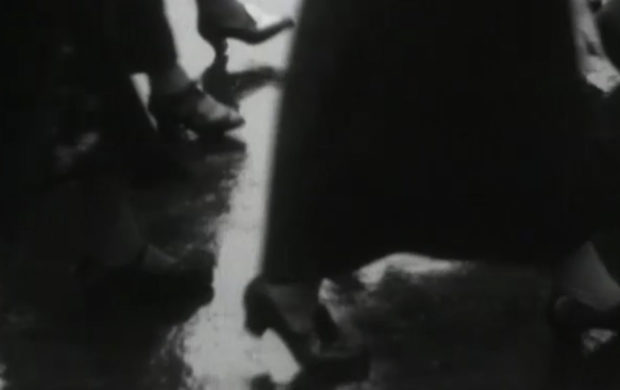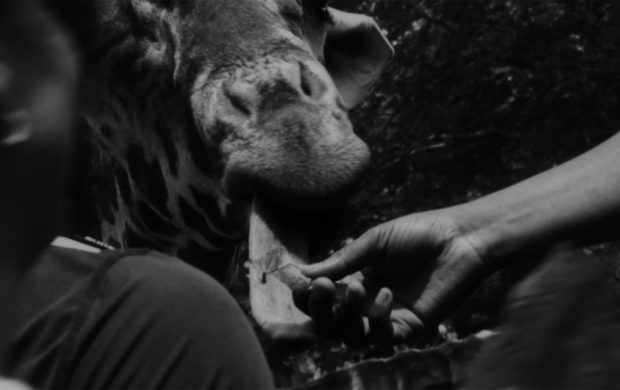Sauve qui peut
In a training center, real caregivers and simulated patients enact medical consultations. The purpose of these role-playing games is to develop the human qualities of therapists.
A space for experimenting with what seems impossible: this is the description of the role play in which healthcare workers attempt to resist an intolerable system by calling on their imagination. After using a form of role play in That Which Does Not Kill to enable women to appropriate another’s experience, Alexe Poukine documents similar practices designed to support shattered medical staff. The scene conjures up the those seen before: will the attentiveness and listening capacity supposedly acquired by medical students through sophisticated simulations find a space where they can be put into practice? As time is taken to teach the students to ask unbiased questions and speak clearly without hurting, the practitioners, on the other hand, describe a jungle where each is reduced to trying to survive psychically by doing the least possible harm to others. The initial training highlights openness, but the professionals describe a blocked horizon. The key mechanism of the film lies in linking up these two phases and two states of the profession. Between the two is the inconceivable reality of a topsy-turvy health system that creates harm as it dispenses care, the glaring off-screen of Who Cares? The mention of interns who ended their life makes it cruelly clear: the collision between the possible and the real could have tragic consequences.
Olivia Cooper-Hadjian
Born in 1982, Alexe Poukine lives in Brussels. In 2006, she moved to Jordan to prepare a thesis that she abandoned to enrol in the Lussas Documentary School. Her graduation film, Petites Morts, was selected by several international festivals. In 2011, the FNAC gave her carte blanche for a photographic project that gave rise to an exhibition and the book, Un bouquet de houx vert et de bruyère en fleur. Her first feature documentary, Dormir, dormir dans les pierres, was screened in 2013 in multiple festivals. The same year, she joined the Fémis scriptwriting workshop. Her second feature documentary, Sans frapper, completed in 2019, has received numerous awards in prestigious festivals. In 2020, her short fiction film, Palma, was awarded the Special Jury Prize at Clermont and the Grand Prix at Brive, among others.
Kidam, Wrong Men, Andana Films, Climage
Andana Films
Hélène Motteau, Camille Sultan, Jorge Piquer, Rodriguez, Camille Langlois
Thomas Grimm Lansberg
Agnès Bruckert
Climage - pascaline@climage.ch



